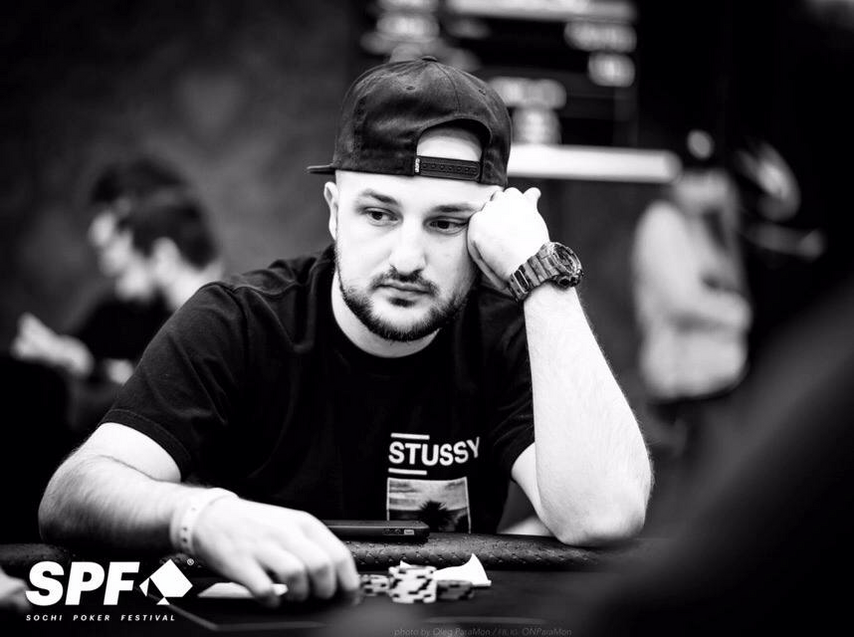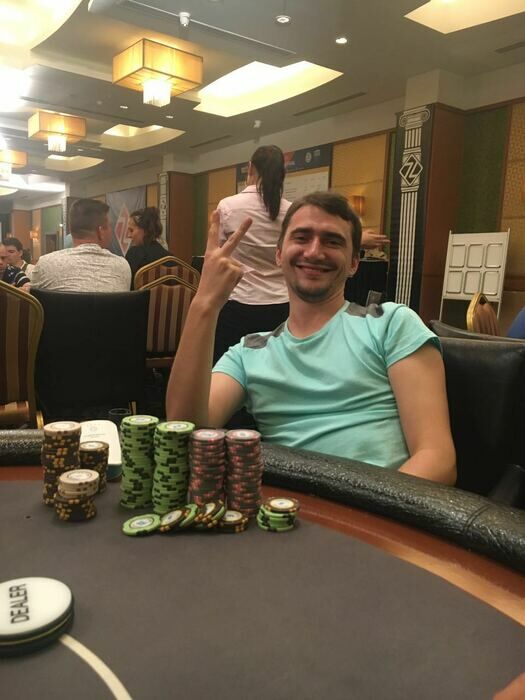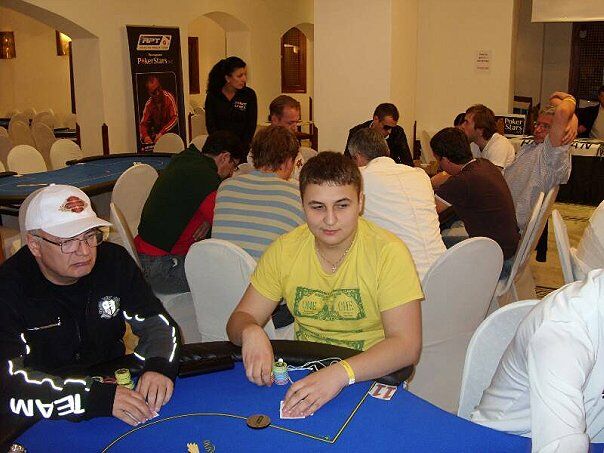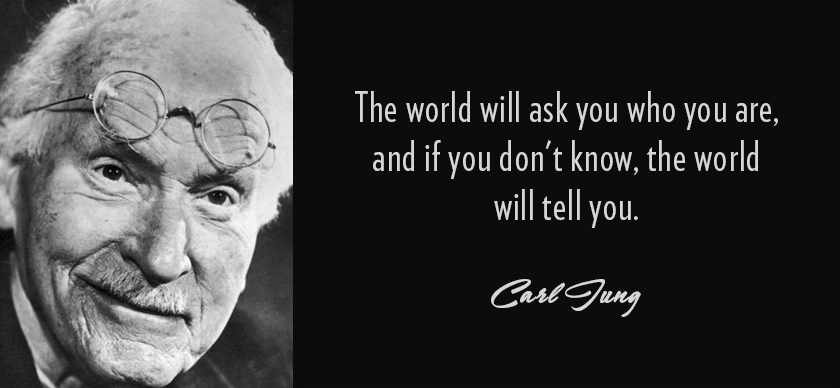Would you like to go back in time with the experience and knowledge gained over many years of working in solvers, after thousands of coolers and hundreds of bubbles? Or at least convey to your young self the news that c-betting at 100% leads to a downswing, and ICM and GTO are not cursed at all, but very useful concepts, and by using them you can pass for a true regular.
We asked those who have been making money playing poker for years to come up with tips that could be useful to them at the beginning of their poker career. Recommendations can be safely assumed to be solid, as they usually do not have bad advice. True, one of the main tips is not to listen to anyone's advice and think with your own head, so the choice will be difficult for you. Especially considering that some experts advise exactly the opposite things ...
Kostya gambler14 // who?

If I could go back 10 years, I would give myself only three pieces of advice:
– Start working with the software as early as possible
– Do not take three-year breaks in the game
– Play poker for money, not like a job.
That's pretty much all it takes to get to the top of the mid-stakes in any discipline. And if you're already there, you can sit and think about what to do with your life next.
Pasha MountainRose // No in ***e
– Play a lot, but do not forget about your health.
– Systematically analyze hands (5 hands/30 minutes before the session).
– Start a blog and discuss the game with your poker colleagues. Feel free to initiate calls, discussions, create chats and groups. Surrounding yourself with people with whom you do not sink to the bottom in the same boat is the key to success.
– Do not spend a lot of money at first on a living, play on a bankroll and move up the limits.
Sasha AlexZA3 // t.me/AlexZA3 poker road to $1.000.000

If I had the opportunity to give advice to the person I was 10 years ago, then for a start I would advise him to decide whether I want to be a real regular since combining poker with anything else is chasing two birds with one stone, no good will come of it. If the answer is unequivocal “Yes, I want to”, then I would advise him to take more individual training or join a poker school, however, then, unfortunately, there were none, and you had to get to everything on your own.
It was a big mistake to think “I already know everything”, when in fact I knew practically nothing.
Well, be sure to devote a lot of time and constantly improve in all poker-related matters:
1. Bankroll management
2. Discipline
3. Mode and distance gain
4. Physical fitness
5. Psychology and tilt stability
6. Game selection
7. Goals
8. Approach to the game
9. Working on the game
10. Rest
If there are shortcomings on any points, then this will inevitably rear its head and will constantly hinder your development.
If at the beginning of my career, I met a person who told me in detail about these components of a professional approach to the game, and I would listen and do everything, I would save a lot of time and nerves, it would be much easier for me to play even in difficult periods. As a result, I would develop faster and achieve my goals.
Victor Enlight

Pay more attention to psychology, monitor your condition during and after the game, and be able to take breaks.
Artur hattab // GreenLine

1. Don't give up and go all the way.
2. Do not set any specific goals – they create a "ceiling", which is then extremely difficult to break through.
3. Surround yourself with higher-level players.
4. Actively blog.
5. Focus on the process, not the results. If everything is OK with the process, the results will come.
6. Do not play only one discipline, move to a new one if it has more money.
Sasha Alexz1z // AlexeSsz blog
1. Each person is unique. We need to build on this, and not follow along with society.
2. The second point follows from the first point – to fully trust yourself, and not the current result. Never give up and believe that in the end, you will come to what you want.
3. Solve problems in the current moment, without returning to the past and without thinking about the future. Be as focused as possible on the present moment.
4. Dealing with fears. This is perhaps the most important poker point for 99.99% of players, which, nevertheless, everyone suffers from.
5. Do everything so that, first of all, you feel comfortable yourself – this is the choice of the limit and opponents, and decision making – it is better to play incorrectly, but in the way you want and how it will be more comfortable. It is important to keep yourself in harmony.
6. Do not blindly trust the opinions of others. Realize that no one is looking out for you – each person thinks only for himself and lives his life. Therefore, you need to choose your own path, and not be someone's puppet, then everything in life will be very cool.
7. I have written a lot about going along with what others want of you, but I emphasize once again – you can kill a lot of years of your life, or even your whole life, for this and in the end not live it really well. For me, this would be the most important advice from which I would go to get away from that and become my true self, and not that image in my head that reacts and acts like a program and turns life into Groundhog Day.
Artem For2nArtem // Working life in Bangkok
At the beginning of my career, I would advise myself to quit poker and go to study as a programmer :)
If for some reason, I don’t understand that, and you decide to start developing in poker in 2022, then I advise you to tighten your belt as much as possible and try to grow in limits as quickly as possible. To do this, you need to play a lot and study theory. I think there is enough material on the internet now to get to NL400-500. You can take a few practice sessions from the guys playing above you to correct the main mistakes. However, do not rely on training and on their advice, work a lot yourself!
Petya Margot // And I play just for myself.

Keep the range in mind. To think over and design a strategy, and not just memorize. Play only one game and a lot, a lot, a lot. Look for like-minded people and analyze the game, opponents, and their types with them. Learn to focus on how you played in terms of EV, and not on the results.
But first of all – to love poker, you can't do without it.
Denis aDrENalin710 // aDrENalin Blog

Firstly, I would advise you to try yourself in different disciplines, be sure to play cash, MTTs, and sit-n-gos, in general, everything that is available. See what you like best and what works best. Try to devote more time to theory and understand the solver. Ideally, turn to a coach who will help you understand the fundamental things and eliminate errors faster than you get to them on your own.
And don't cut corners. Play strictly according to your bankroll, don't try to fight back, and don't go on tilt. Tilt is generally a very dangerous thing, I used to have a lot of problems with it. You should not try to fight back as quickly as possible, it is better to just get up from the table and switch (unless you are playing with three fish, of course).
Mark golowa // ...and then winter becomes summer(PLO_HU)

It's strange to give yourself advice on poker at the beginning of your career because the development of the game was on a different level. The most important advice, probably, is to save money, to invest, so that you can go through difficult periods in poker more calmly, knowing that you will not be left penniless after your career is over.
Now beginners have to think more complexly. Training is a mandatory item, I would recommend spending 50% of the “working” time on it. It is also worth taking care of your psychological state because poker losses and all kinds of tilt can do a lot of harm to the mind.
In today's realities, I would view poker as a project that requires a lot of effort, so it's worth constantly wondering if all this brings me satisfaction or not.
Sergey swordfish // Brave New World
I think that all beginners are different and there is no universal advice.
Some people like to reach everything themselves and do not care about the rules – it will be important for such beginners not to ignore the tips about bankroll management and immediately start building preflop, and not after the tenth deposit. Others, on the contrary, prefer a solid approach and rules – it will be difficult for them to endure the injustice of the variance, and in general, no matter how prepared, poker will always find a way to surprise you.
In my 13 years as editor of the GipsyTeam, "I've seen things that you people just won't believe," as Rutger Hauer said in Blade Runner. And continuing the quote – "all these moments will disappear in time, like tears in the rain."
I remember how all the nicknames appeared that became legendary, and I remember the same many temporary legends that have long since become “tears in the rain”. And the difference between them is not at the start of a career – at the beginning, all beginners are equally defenseless in the face of poker. Everyone comes with a set of stereotypes or, at best, other people's advice, but then they are left face-to-face with a game that has spared no one for hundreds of years.
I don’t really like texts with a bunch of quotes, as if a person cannot speak for himself, but I often remember this quote from Carl Jung, which is very appropriate here: “The world will ask you who you are, and if you don’t know, the world will tell you." Replace "world" with "poker" and it becomes a little clearer how to succeed in this game.

Poker is very demanding on players. Only those who have clear goals and inflexible skills in working with incoming information win here. There is always something going wrong in poker and only you can save yourself in a constant storm. Good luck!

GregGT // t.me/MTT Expert
The first thing that comes to mind: "You did it ;)".
In general, a very interesting question, I confess honestly, I had to think about it. Probably the most important thing that could help: to doubt less and not to arrange “breaks” too often in order to rethink and think something over, but to do more. By the way, I'm not entirely sure that at the beginning of my career, I needed some advice, then it was easy to work hard on enthusiasm and develop, because I had not yet received serious moral wounds from variance. So it would be better to send advice not to the beginning, but somewhere in the middle of a career :)
At first glance, it seems to be very profitable to send a message to your past with a hint of where and how to "cut" the path. On the other hand, it seems to me that advising yourself about something in the past is like spoiling the plot of an unpredictable series. Well, do not forget that successes and failures, mistakes and right actions are relative. So the big question is whether it's worth fixing something because this butterfly effect can take away EV in areas that we overlook. In general, I changed my mind, we will not send anything to Greg – let him learn from his own mistakes :)
Have something to add? Write your tips, warnings, and recommendations in the comments, they will help someone avoid stepping on your rake and make the way for kids to high limits easier :)












